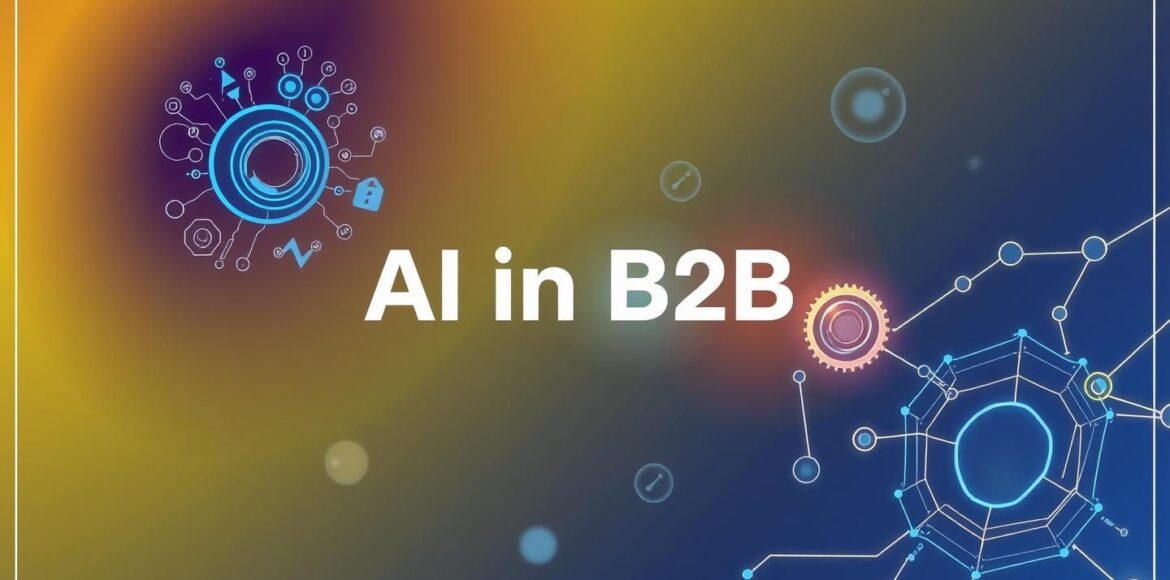
Understanding the Role of AI in B2B Markets
Artificial Intelligence (AI) is transforming the B2B landscape by introducing intelligent agents that automate and enhance complex business processes. Unlike traditional automation, intelligent agents leverage machine learning, natural language processing, and data analytics to not only perform tasks but also adapt to new information, making them invaluable in sectors requiring precision and customization. Their ability to interact with vast datasets enables smarter decision-making and more efficient operations, which are critical in B2B environments where relationships and tailored solutions matter deeply.
Businesses employing AI-powered tools gain the advantage of predictive analytics to forecast market trends, personalize client interactions, and optimize supply chains. These intelligent agents act as proactive assistants by anticipating business needs, managing workflows, and reducing human error, thereby driving higher productivity and accelerating sales cycles. By integrating AI into CRM and ERP systems, companies automate routine tasks while enriching their customer insights, leading to better investment and strategic planning.
How Intelligent Agents Revolutionize Client Engagement and Operations
One of the most significant impacts of AI in B2B is in client engagement. Intelligent agents provide personalized experiences by analyzing customer data and behavior over multiple touchpoints, enabling businesses to anticipate client needs and respond with timely, relevant solutions. This results in stronger client retention and more meaningful interactions, which are often challenging in the B2B space due to longer sales cycles and multifaceted decision-making processes.
Furthermore, these agents excel in automating complex operational tasks such as contract analysis, order processing, and compliance monitoring. By using AI to monitor real-time data, businesses can quickly detect inconsistencies, streamline workflows, and ensure regulatory adherence without manual intervention. This reduces costs and mitigates risks, enhancing overall operational efficiency.
- Enhanced Lead Qualification: AI agents quickly identify promising leads by analyzing extensive data sets, ensuring sales teams focus on high-potential prospects.
- Dynamic Pricing Models: Intelligent agents adjust pricing based on market conditions and customer behavior, maximizing profitability.
- Efficient Resource Allocation: AI helps prioritize resource deployment by predicting demand fluctuations and project timelines.
In essence, intelligent agents not only streamline internal processes but also elevate how businesses build and maintain long-term partnerships in the B2B sector.
Conclusion
AI and intelligent agents are redefining the B2B landscape by enabling smarter, faster, and more personalized business operations. Their capacity to analyze data, automate complex tasks, and improve client engagement offers tangible advantages across multiple facets of B2B. As these technologies continue to evolve, companies adopting AI will lead the way in innovation, efficiency, and customer satisfaction, fundamentally changing how B2B interactions unfold in the future.






